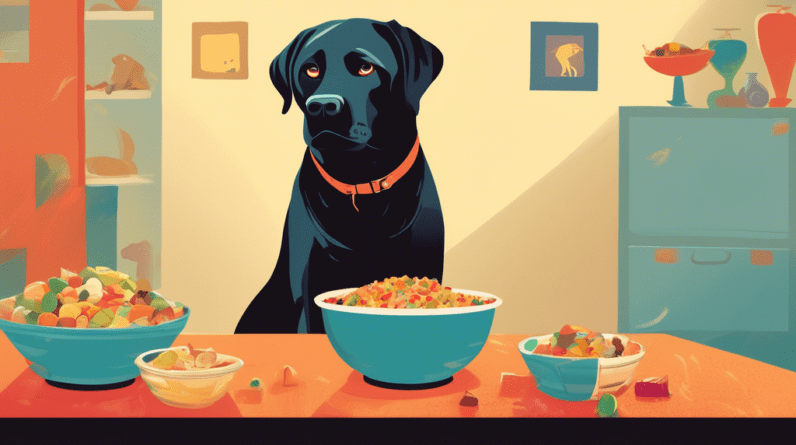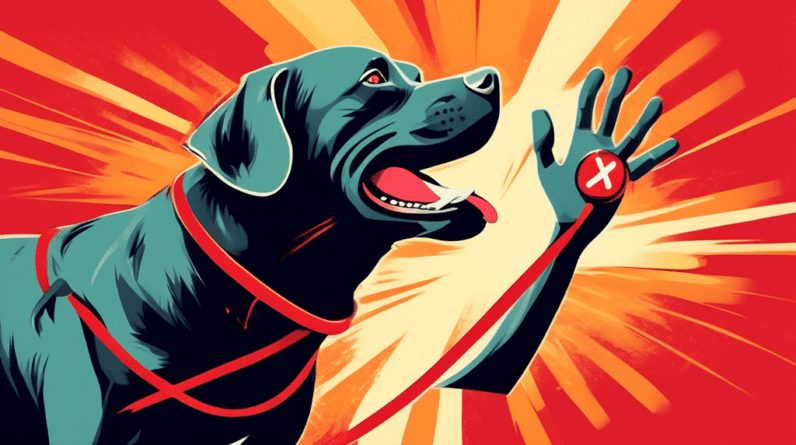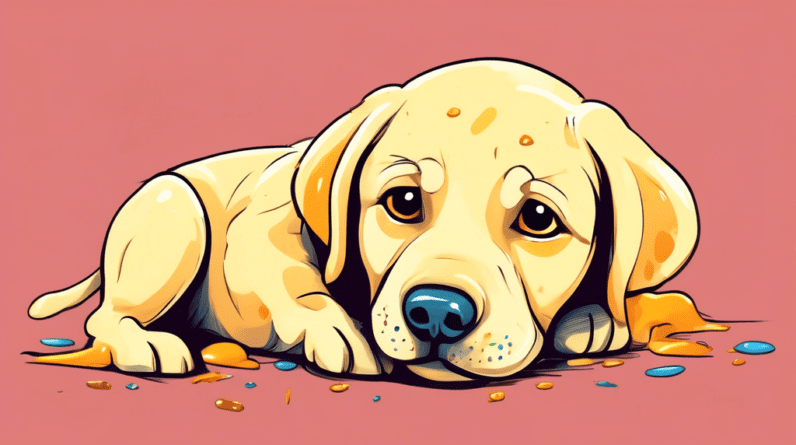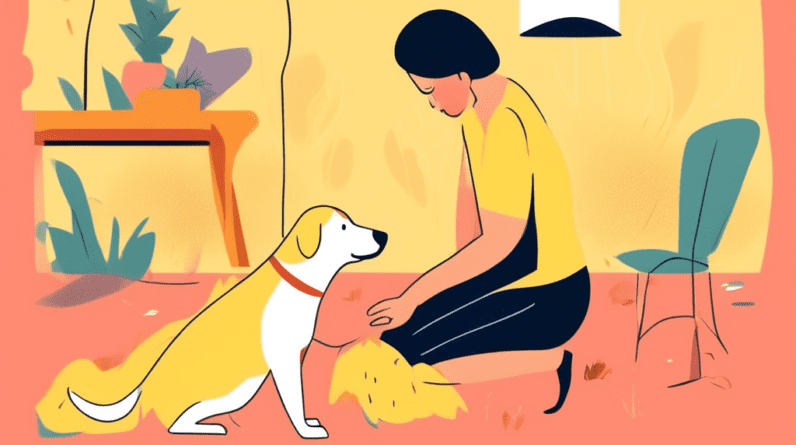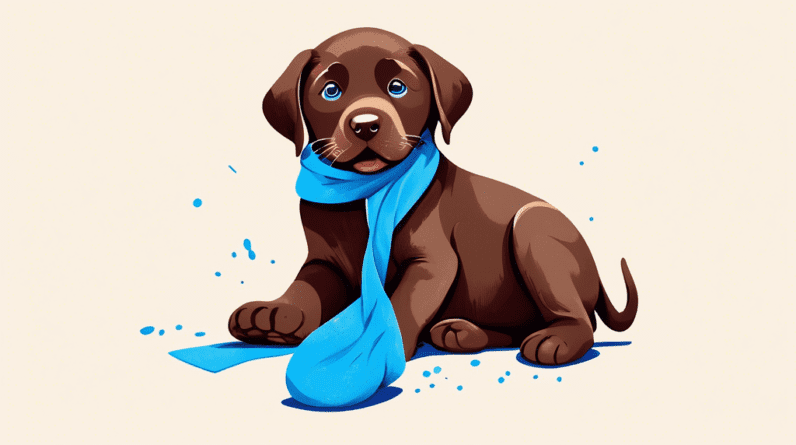
Why Does My Labrador Always Have Something in His Mouth?
If you share your life with a Labrador Retriever, you’ve likely encountered this endearing, albeit sometimes frustrating, habit: the constant need to carry something in their mouths. Whether it’s a cherished toy, a stray sock, or even a mouthful of air, Labs seem to find comfort and joy in having their jaws occupied. But what’s the reason behind this peculiar behavior? This deep dive will explore the behavioral underpinnings of your Labrador’s mouth obsession, shedding light on their instincts, motivations, and how you can manage this often-amusing quirk.
Bred to Carry: A Legacy in Their Genes
To understand your Labrador’s behavior, we need to travel back in time to their ancestral roots. Labrador Retrievers, originally hailing from Newfoundland, Canada, were bred for a specific purpose: retrieving fishing nets and equipment from icy waters. This crucial task required a soft mouth to gently carry objects without causing damage and a strong drive to retrieve. Centuries of selective breeding have ingrained these traits deep within their DNA, making them hardwired to carry items in their mouths.
The Power of Positive Reinforcement: Retrieving and Rewards
Beyond genetics, positive reinforcement plays a significant role in perpetuating this behavior. From puppyhood, Labradors are often showered with praise, pats, and even treats when they pick up and bring objects to their owners. This positive association creates a powerful feedback loop: carrying equals attention and rewards, thus making the behavior highly self-reinforcing.
Beyond Retrieving: Exploring Other Motivating Factors
While retrieving instinct forms the foundation, several other factors contribute to your Labrador’s desire to have something constantly in their mouth:
1. Teething and Oral Stimulation
Puppies, much like human babies, go through a teething phase where their gums feel sore and itchy. Chewing and mouthing on objects provide much-needed relief, and the act of carrying items in their mouths offers additional oral stimulation.
2. Boredom and Excess Energy
Labradors are a highly energetic breed, and when under-stimulated, they often find creative ways to occupy themselves. Carrying objects can become a self-directed form of play, providing mental and physical stimulation, albeit in a way that might leave your slippers worse for wear.
3. Anxiety and Stress Relief
Just like humans find comfort in fidgeting or chewing gum, some Labradors use carrying objects as a coping mechanism for anxiety or stress. The act of holding something in their mouth can release endorphins, providing a sense of calm and security.
4. Attention-Seeking Behavior
Labs are highly social dogs, craving interaction and attention from their beloved humans. If they’ve learned that carrying objects elicits a response from you, whether positive or negative, they may repeat the behavior to engage with you.
Managing the Mouth Obsession: Tips and Strategies
While this behavior stems from their nature, there are ways to manage your Labrador’s oral fixation and redirect it towards more desirable outlets:
1. Provide Appropriate Outlets for Chewing
Invest in a variety of durable chew toys designed for aggressive chewers. Look for toys with different textures, shapes, and sizes to keep your Labrador engaged and satisfied. Rotate the toys regularly to prevent boredom.
2. Up the Exercise Ante
A tired Labrador is less likely to engage in destructive or obsessive behaviors. Ensure your Lab gets ample physical exercise through daily walks, runs, playtime, or engaging in dog sports like agility or dock diving. Mental stimulation through puzzle toys and training is equally important.
3. Redirect, Don’t Punish
Scolding or punishing your Labrador for carrying objects can be counterproductive, potentially leading to anxiety and a damaged bond. Instead, redirect their attention by offering a more acceptable toy in exchange. When they take the offered toy, praise them generously.
4. Train the Drop It Command
Teaching a reliable drop it command is invaluable for those moments when your Labrador snags something off-limits. Start practicing with low-value items, gradually increasing the challenge. Consistency and positive reinforcement are key to success.
5. Rule Out Medical Conditions
In some cases, excessive chewing or mouthing can indicate underlying medical conditions, such as dental problems or nutritional deficiencies. If you notice a sudden increase in your Labrador’s oral fixation or if it’s accompanied by other concerning symptoms, consult your veterinarian for a checkup.
Embracing the Quirk: A Part of Their Charm
While managing your Labrador’s mouth obsession might require some effort, remember that this behavior is a testament to their breeding and their affectionate nature. By understanding their motivations and providing appropriate outlets, you can redirect their instinctual drive towards positive and enriching activities. Embrace their quirks – it’s all part of what makes Labradors such beloved companions.

